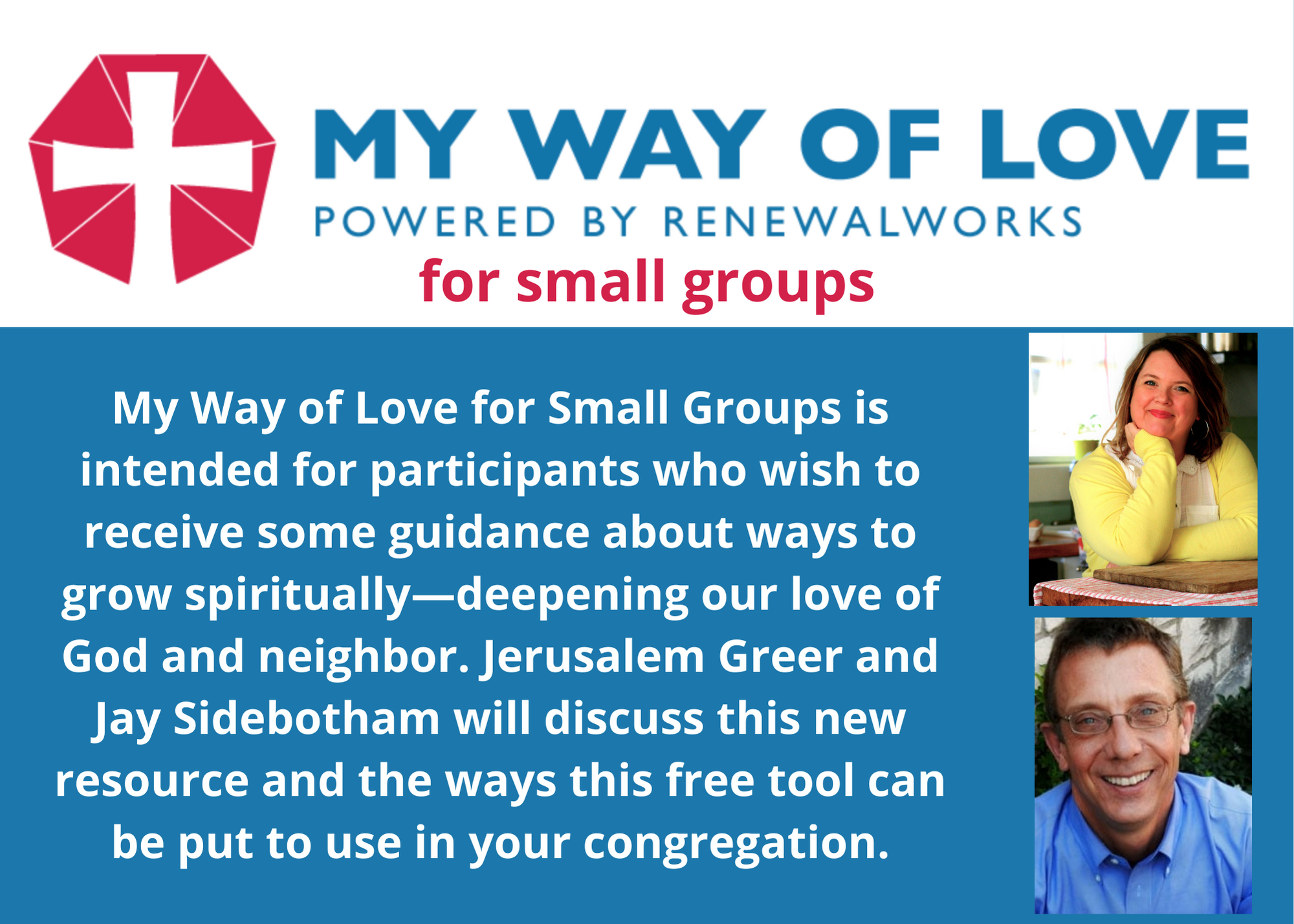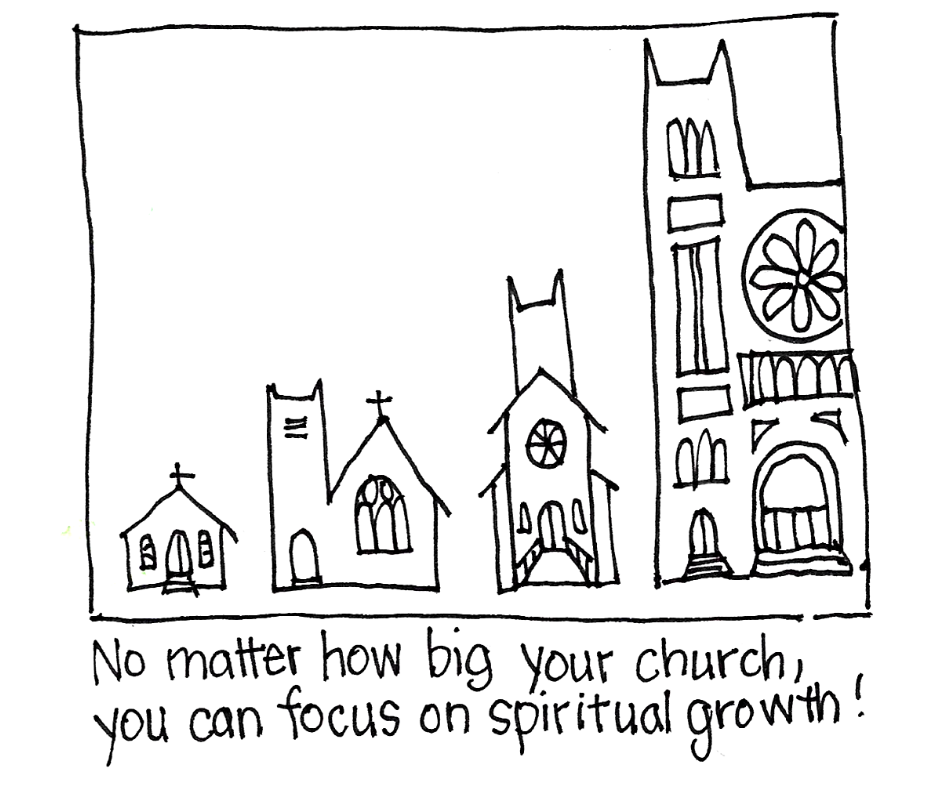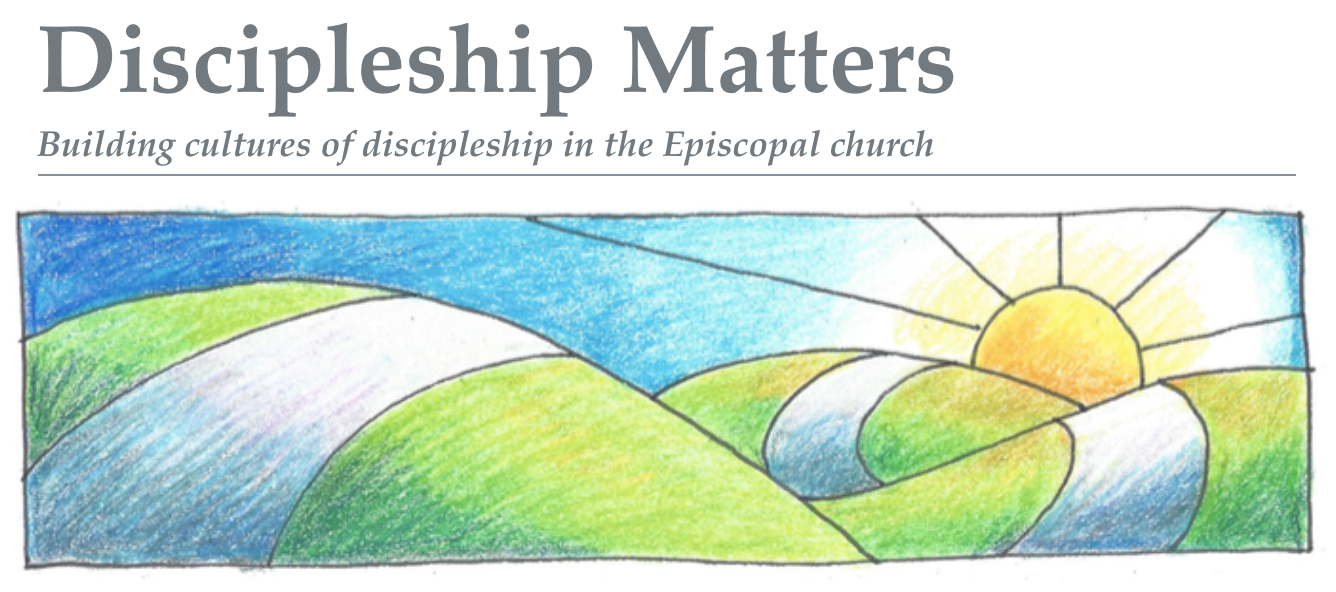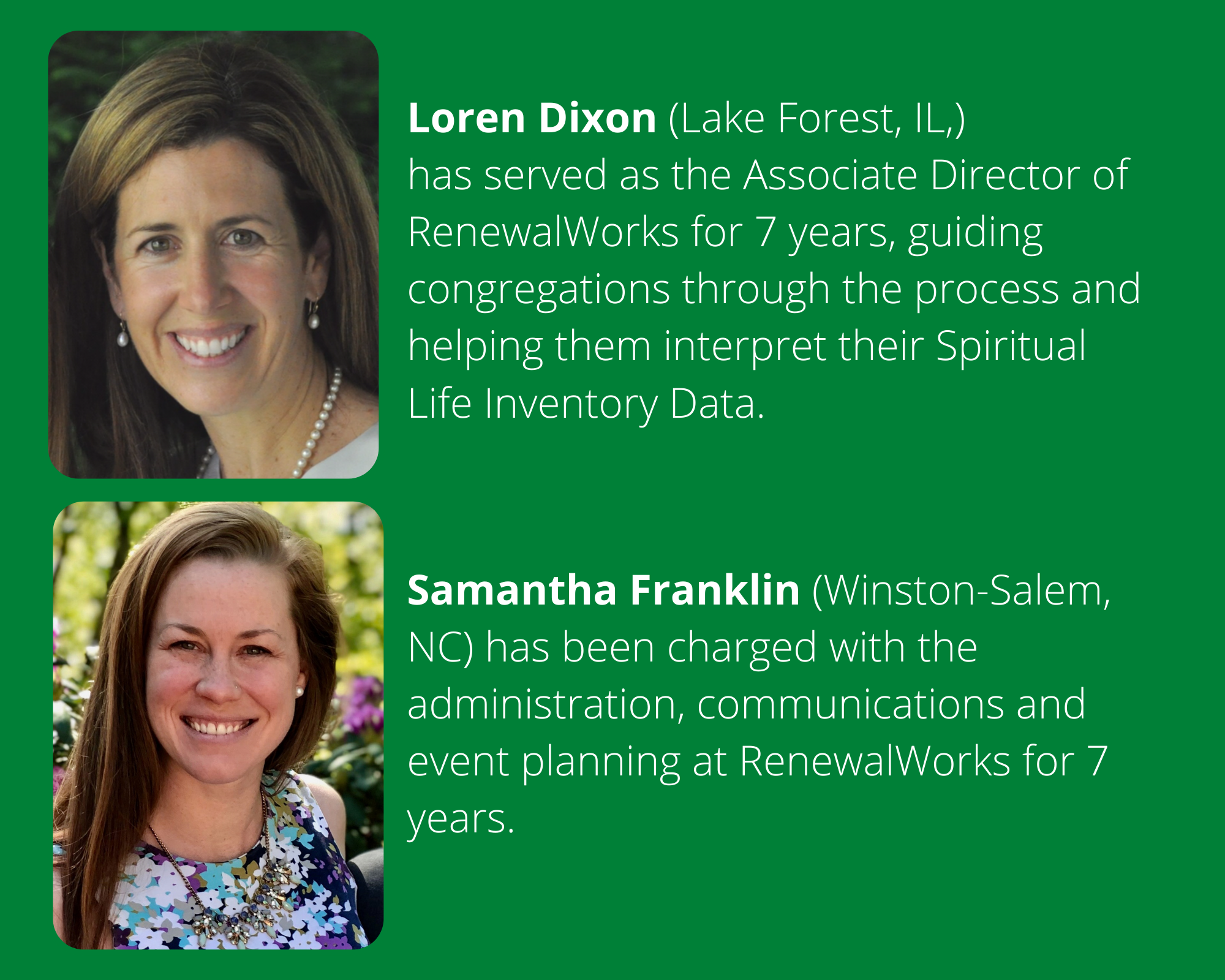
|
Lord have mercy
Blessed are the merciful, for they will receive mercy.-Matthew 5:7
When Shakespeare wrote that the quality of mercy is not strained, it’s apparent he never got stuck in traffic. When I’m driving, and find myself in the wrong lane, I seek the mercy of other drivers to let me in. It is sometimes forthcoming, sometimes not. I’m grateful when I receive mercy. Yet when I’m in the correct lane, and some clueless bozo tries to squeeze into my lane, I only grudgingly let them in, usually with some thoughts about their ineptitude as a driver.
So today we talk about receiving and offering mercy, strained or not. There’s probably no better way to explain this beatitude then to share the parable Jesus told about a man who received mercy and then failed to show mercy to someone else. (That story is included above.) It suggests a dynamic implicit in the Lord’s prayer, which is basically that our asking for forgiveness is somehow related to our willingness to offer forgiveness. Our demonstration of mercy is connected to our receiving mercy.
So how might we grow in our capacity to be merciful, when often that goes against our instincts? As far as I’m concerned, showing mercy can at times take some work. It can call for intention. As I thought about that kind of intention, a few thoughts came to mind, triggered by Jesus’ parable, thoughts about what it takes to be merciful.
First, remember a time when you have been shown mercy. What did that feel like? Was it something you felt you deserved, or did it simply come to you as an act of grace, showered down on us to continue to channel Shakespeare? If it came to you as grace, as gift, how did that feel? Was it a joy or were you like Javert in Les Miserables who couldn’t bear that he was in a position where he was dependent on someone showing him mercy. He took it as an indication of weakness. He literally could not live with this view of the universe.
Second, if you find yourself being asked to show mercy to someone who has somehow done you wrong, take a deep breath and put yourself in the place of that person, the one asking for mercy. What is going on with them? What causes them to act as they did? Maybe that involves a conversation about the offending act. Maybe that calls for nothing more or less than prayer for that person. That can often be a way to get to mercy.
Third, consider whether the offense that calls you to show mercy is something that you actually need to work on in yourself. Maybe I’m the only one who has experienced this, but sometimes when I get worked up about something somebody has done, when something really irritates me about another person, I find after a bit of reflection, or perhaps some feedback from folks I trust, that I’m guilty of the very thing that makes me want to withhold mercy. Funny how that works. Sort of funny.
The bottom line: we all need to have mercy shown us. So if we want to know mercy, we need to show mercy. While I believe that is true, I also find it kind of annoying. Which is where the work comes in. If you do nothing else to try to live into this beatitude, think about the wideness of God’s mercy, wider than the sea. Celebrate the love of God broader than the measure of our minds. Ask God to help in that process, which may well be why in the liturgy we repeat, again and again: Lord have mercy.
-Jay Sidebotham

Please join us November 4th at 7pm Eastern
RenewalWorks: Connect with Jerusalem Greer and Jay Sidebotham
to discuss My Way of Love for Small Groups
Join our RenewalWorks: Connect email list to receive more details and the Zoom link






 I’m pleased to announce that Ms. Loren Dixon will take on the role of Director of RenewalWorks. Ms. Samantha Franklin will take on the role of Associate Director.Both Samantha and Loren have been at this work for years, and have proven to be effective and imaginative coordinators and collaborators with congregations. I will continue to be involved as a Senior Consultant, and will do what I can to promote this work. Under the leadership of Loren and Samantha, I know this ministry will grow in new and interesting ways.
I’m pleased to announce that Ms. Loren Dixon will take on the role of Director of RenewalWorks. Ms. Samantha Franklin will take on the role of Associate Director.Both Samantha and Loren have been at this work for years, and have proven to be effective and imaginative coordinators and collaborators with congregations. I will continue to be involved as a Senior Consultant, and will do what I can to promote this work. Under the leadership of Loren and Samantha, I know this ministry will grow in new and interesting ways.